Lenovo ChromeBook C340 11.6 Chrome Touch Laptop, Intel Celeron N4000 Dual-Core Processor, 4GB Memory, 32GB eMMC Solid State Drive, Chrome OS – Paltinum Grey – 81TA0010US
Lenovo C340 11 Convertible 2 in 1 Chromebook: Handle normal work tasks with this compact Lenovo Chromebook. The 11.6 inch IPS HD display gives accurate color replica, and the constructed in microphone and 720p webcam allow clear video conferencing. Preloaded with Chrome OS, this platinum gray Lenovo Chromebook has 4GB of RAM for clean multitasking, and the 32GB of eMMC memory loads and saves facts speedy.
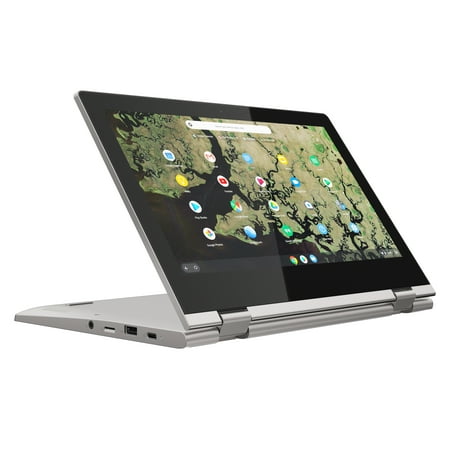
















Operating System: Chrome OSProcessor: Intel Celeron N4000 Dual-Core ProcessorDisplay: 11.6″ HD IPS LED Backlit DisplayMemory: 4GB OnBoard LPDDR4 2400 MHz RAMInternal Storage: 32GB eMMC Solid State DriveGraphics: Integrated Intel UHD Graphics 600Optical Drive: NoneAudio: 2 x 2W SpeakersBattery Life: Up to ten HoursWireless: 2 x 2 802.11AC Wi-Fi and Bluetooth 5.0 ComboWebcam: Front-Facing 720P HD Webcam with Integrated MicrophoneProduct Weight: 2.sixty two lbsColor: Platinum GreyMFG Year: 2019
Eleven or 11 may refer to:
- 11 (number), the natural number following 10 and preceding 12
- one of the years 11 BC, AD 11, 1911, 2011, or any year ending in 11
6 (six) is the natural number following 5 and preceding 7. It is a composite number and the smallest perfect number.
Celeron is a discontinued series of low-end IA-32 and x86-64 computer microprocessor models targeted at low-cost personal computers, manufactured by Intel. The first Celeron-branded CPU was introduced on April 15, 1998, and was based on the Pentium II.
Celeron-branded processors released from 2009 to 2023 are compatible with IA-32 software. They typically offer less performance per clock speed compared to flagship Intel CPU lines, such as the Pentium or Core brands. They often have less cache or intentionally disabled advanced features, with variable impact on performance. While some Celeron designs have achieved strong performance for their segment, the majority of the Celeron line has exhibited noticeably degraded performance. This has been the primary justification for the higher cost of other Intel CPU brands versus the Celeron range.
In September 2022, Intel announced that the Celeron brand, along with Pentium, will be replaced with the new "Intel Processor" branding for low-end processors in laptops from 2023 onwards. This also applies to desktops using Celeron processors, and they were discontinued around the same time laptops stopped using Celeron processors in favor of "Intel Processor" processors in 2023.
Grey (more common in Commonwealth English) or Gray (more common in American English) is an intermediate color between black and white. It is a neutral or achromatic color, meaning literally that it is "without color", because it can be composed of black and white. It is the color of a cloud-covered sky, of ash, and of lead.
The first recorded use of grey as a color name in the English language was in 700 CE. Grey is the dominant spelling in European and Commonwealth English, while gray is more common in American English; however, both spellings are valid in both varieties of English.
In Europe and North America, surveys show that grey is the color most commonly associated with neutrality, conformity, boredom, uncertainty, old age, indifference, and modesty. Only one percent of respondents chose it as their favorite color.
Intel Corporation is an American multinational corporation and technology company headquartered in Santa Clara, California, and incorporated in Delaware. Intel is one of the world's largest semiconductor chip manufacturers by revenue and ranked in the Fortune 500 list of the largest United States corporations by revenue for nearly a decade, from 2007 to 2016 fiscal years, until it was removed from the ranking in 2018. In 2020, it was reinstated and ranked 45th, being the 7th-largest technology company in the ranking.
Intel supplies microprocessors for most manufacturers of computer systems, and is one of the developers of the x86 series of instruction sets found in most personal computers (PCs). It also manufactures chipsets, network interface controllers, flash memory, graphics processing units (GPUs), field-programmable gate arrays (FPGAs), and other devices related to communications and computing. Intel has a strong presence in the high-performance general-purpose and gaming PC market with its Intel Core line of CPUs, whose high-end models are among the fastest consumer CPUs, as well as its Intel Arc series of GPUs, and sponsors the Intel Extreme Masters, a series of international esports tournaments. The Open Source Technology Center at Intel hosts PowerTOP and LatencyTOP, and supports other open source projects such as Wayland, Mesa, Threading Building Blocks (TBB), and Xen.
Intel (Integrated electronics) was founded on July 18, 1968, by semiconductor pioneers Gordon Moore (of Moore's law) and Robert Noyce, along with investor Arthur Rock, and is associated with the executive leadership and vision of Andrew Grove. The company was a key component of the rise of Silicon Valley as a high-tech center, as well as being an early developer of SRAM and DRAM memory chips, which represented the majority of its business until 1981. Although Intel created the world's first commercial microprocessor chip in 1971, it was not until the success of the PC in the early 1990s that this became its primary business.
During the 1990s, the partnership between Microsoft Windows and Intel, known as "Wintel", became instrumental in shaping the PC landscape and solidified Intel's position on the market. As a result, Intel invested heavily in new microprocessor designs in the mid to late 1990s, fostering the rapid growth of the computer industry. During this period, it became the dominant supplier of PC microprocessors and was known for aggressive and anti-competitive tactics in defense of its market position, particularly against AMD, as well as a struggle with Microsoft for control over the direction of the PC industry.
Since the 2000s and especially the late 2010s, Intel has faced increasing competition from AMD, resulting in a significant decline of its dominance and market share in the PC market. Nevertheless, with a 68.4% market share as of 2023, Intel still leads the x86 market by a wide margin.
A laptop computer or notebook computer, also known as a laptop or notebook, is a small, portable personal computer (PC). Laptops typically have a clamshell form factor with a flat-panel screen on the inside of the upper lid and an alphanumeric keyboard and pointing device on the inside of the lower lid. Most of the computer's internal hardware is fitted inside the lower lid enclosure under the keyboard, although many modern laptops have a built-in webcam at the top of the screen, and some even feature a touchscreen display. In most cases, unlike tablet computers which run on mobile operating systems, laptops tend to run on desktop operating systems, which were originally developed for desktop computers.
Laptops can run on both AC power and rechargable battery packs and can be folded shut for convenient storage and transportation, making them suitable for mobile use. Laptops are used in a variety of settings, such as at work (especially on business trips), in education, for playing games, web browsing, for personal multimedia, and for general home computer use.
The word laptop, modeled after the term desktop (as in desktop computer), refers to the fact that the computer can be practically placed on the user's lap; while the word notebook refers to most laptops sharing a form factor with paper notebooks. As of 2024, in American English, the terms laptop and notebook are used interchangeably; in other dialects of English, one or the other may be preferred. The term notebook originally referred to a type of portable computer that was smaller and lighter than mainstream laptops of the time, but has since come to mean the same thing and no longer refers to any specific size.
Laptops combine many of the input/output components and capabilities of a desktop computer into a single unit, including a display screen (usually 11–17 in or 280–430 mm in diagonal size), small speakers, a keyboard, and a pointing device (namely compact ones such as touchpads or pointing sticks). Most modern laptops include a built-in webcam and microphone, and many also have touchscreens. Hardware specifications may vary significantly between different types, models, and price points.
Design elements, form factors, and construction can also vary significantly between models depending on the intended use. Examples of specialized models of laptops include 2-in-1 laptops, with keyboards that either be detached or pivoted out of view from the display (often marketed having a "laptop mode"); rugged laptops, for use in construction or military applications; and low-production-cost laptops such as those from the One Laptop per Child (OLPC) organization, which incorporate features like solar charging and semi-flexible components not found on most laptop computers. Portable computers, which later developed into modern laptops, were originally considered to be a small niche market, mostly for specialized field applications, such as in the military, for accountants, or traveling sales representatives. As portable computers evolved into modern laptops, they became widely used for a variety of purposes.
Lenovo Group Limited, trading as Lenovo ( lə-NOH-voh, Chinese: 联想; pinyin: Liánxiǎng), is a Chinese multinational technology company specializing in designing, manufacturing, and marketing consumer electronics, personal computers, software, business solutions, and related services. Products manufactured by the company include desktop computers, laptops, tablet computers, smartphones, workstations, servers, supercomputers, data storage devices, IT management software, and smart televisions. Its best-known brands include its ThinkPad business line of laptop computers (acquired from IBM), the IdeaPad, Yoga, LOQ, and Legion consumer lines of laptop computers, and the IdeaCentre, LOQ, Legion, and ThinkCentre lines of desktop computers. As of 2024, Lenovo is the world's largest personal computer vendor by unit sales.
Lenovo has operations in over 60 countries, and sells its products in around 180 countries. It was incorporated in Hong Kong, with global headquarters in Beijing, and Morrisville, North Carolina, United States. It has research centres in Beijing, Chengdu, Yamato (Kanagawa Prefecture, Japan), Singapore, Shanghai, Shenzhen, and Morrisville, and also has Lenovo NEC Holdings, a joint venture with NEC that produces personal computers for the Japanese market.
Memory is the faculty of the mind by which data or information is encoded, stored, and retrieved when needed. It is the retention of information over time for the purpose of influencing future action. If past events could not be remembered, it would be impossible for language, relationships, or personal identity to develop. Memory loss is usually described as forgetfulness or amnesia.
Memory is often understood as an informational processing system with explicit and implicit functioning that is made up of a sensory processor, short-term (or working) memory, and long-term memory. This can be related to the neuron. The sensory processor allows information from the outside world to be sensed in the form of chemical and physical stimuli and attended to various levels of focus and intent. Working memory serves as an encoding and retrieval processor. Information in the form of stimuli is encoded in accordance with explicit or implicit functions by the working memory processor. The working memory also retrieves information from previously stored material. Finally, the function of long-term memory is to store through various categorical models or systems.
Declarative, or explicit, memory is the conscious storage and recollection of data. Under declarative memory resides semantic and episodic memory. Semantic memory refers to memory that is encoded with specific meaning. Meanwhile, episodic memory refers to information that is encoded along a spatial and temporal plane. Declarative memory is usually the primary process thought of when referencing memory. Non-declarative, or implicit, memory is the unconscious storage and recollection of information. An example of a non-declarative process would be the unconscious learning or retrieval of information by way of procedural memory, or a priming phenomenon. Priming is the process of subliminally arousing specific responses from memory and shows that not all memory is consciously activated, whereas procedural memory is the slow and gradual learning of skills that often occurs without conscious attention to learning.
Memory is not a perfect processor, and is affected by many factors. The ways by which information is encoded, stored, and retrieved can all be corrupted. Pain, for example, has been identified as a physical condition that impairs memory, and has been noted in animal models as well as chronic pain patients. The amount of attention given new stimuli can diminish the amount of information that becomes encoded for storage. Also, the storage process can become corrupted by physical damage to areas of the brain that are associated with memory storage, such as the hippocampus. Finally, the retrieval of information from long-term memory can be disrupted because of decay within long-term memory. Normal functioning, decay over time, and brain damage all affect the accuracy and capacity of the memory.
Solid is two of the four fundamental states of matter along with liquid, gas, and plasma. The molecules in a solid are closely packed together and contain the least amount of kinetic energy. A solid is characterized by structural rigidity (as in rigid bodies) and resistance to a force applied to the surface. Unlike a liquid, a solid object does not flow to take on the shape of its container, nor does it expand to fill the entire available volume like a gas. The atoms in a solid are bound to each other, either in a regular geometric lattice (crystalline solids, which include metals and ordinary ice), or irregularly (an amorphous solid such as common window glass). Solids cannot be compressed with little pressure whereas gases can be compressed with little pressure because the molecules in a gas are loosely packed.
The branch of physics that deals with solids is called solid-state physics, and is the main branch of condensed matter physics (which also includes liquids). Materials science is primarily concerned with the physical and chemical properties of solids. Solid-state chemistry is especially concerned with the synthesis of novel materials, as well as the science of identification and chemical composition.
State most commonly refers to:
- State (polity), a centralized political organization that regulates law and society within a territory
- Sovereign state, a sovereign polity in international law, commonly referred to as a country
- Nation state, a state where the majority identify with a single nation (with shared culture or ethnic group)
- Constituent state, a political subdivision of a state
- Federated state, constituent states part of a federation
- State of nature, a concept within philosophy that describes the way humans acted before forming societies or civilizations
State may also refer to:

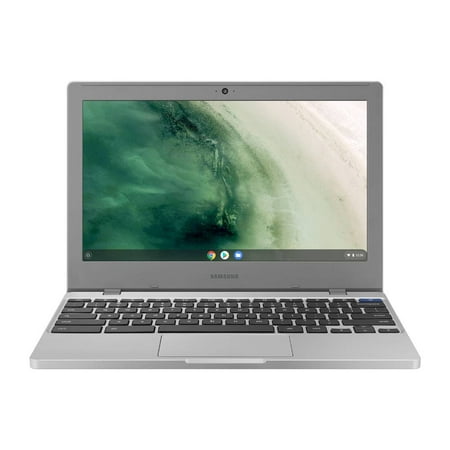
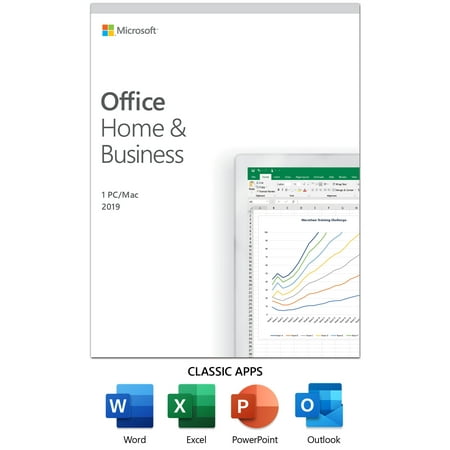
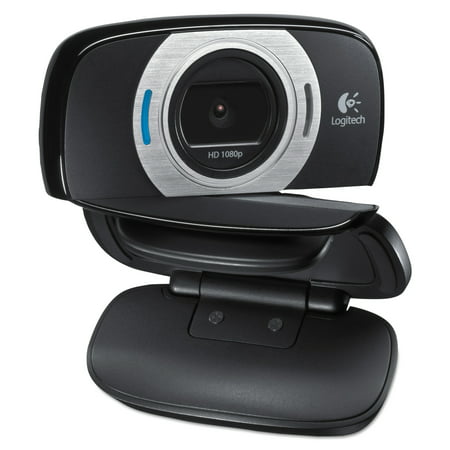
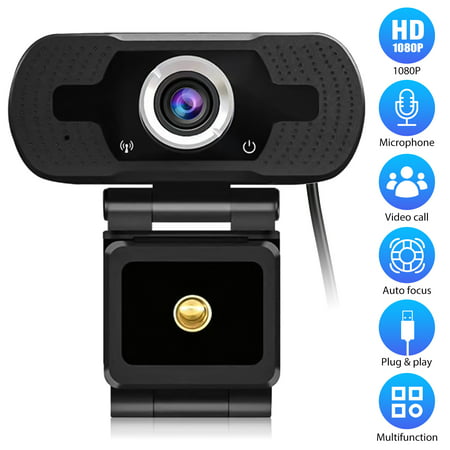
Reviews
There are no reviews yet.